Rabbi Elisha Salas: "I Realized I Descended from the Anusim"
In an interview with Hidabroot, Rabbi Elisha Salas shares his transformative journey to Judaism, discusses his complex mission among the Anusim communities in Portugal, and speaks about his personal revelation: "Only then did I understand what lay behind our complex family history."
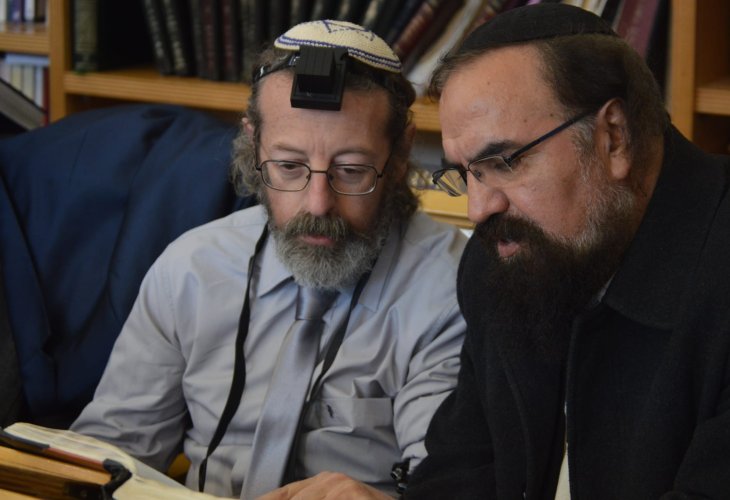
The journey of Rabbi Elisha Salas is an extraordinary story of personal transformation. Born into a Christian family in Chile, he converted to Judaism only to discover that he was, in fact, a descendant of Portuguese Jews who were forced to convert. After learning of his Jewish roots, his life's mission became helping the descendants of the Anusim return to the Jewish people.
Rabbi Salas embarked on a journey to uncover his religious identity during his military service in his home country. "I served at an Air Force base, and during the long nights on guard duty, I had plenty of time to ponder my identity and purpose in life," he shares in a special interview with Hidabroot. "I sought a religion that could answer my questions. I opened the New Testament and began reading but quickly found contradictions that made me realize this wasn't the true path."
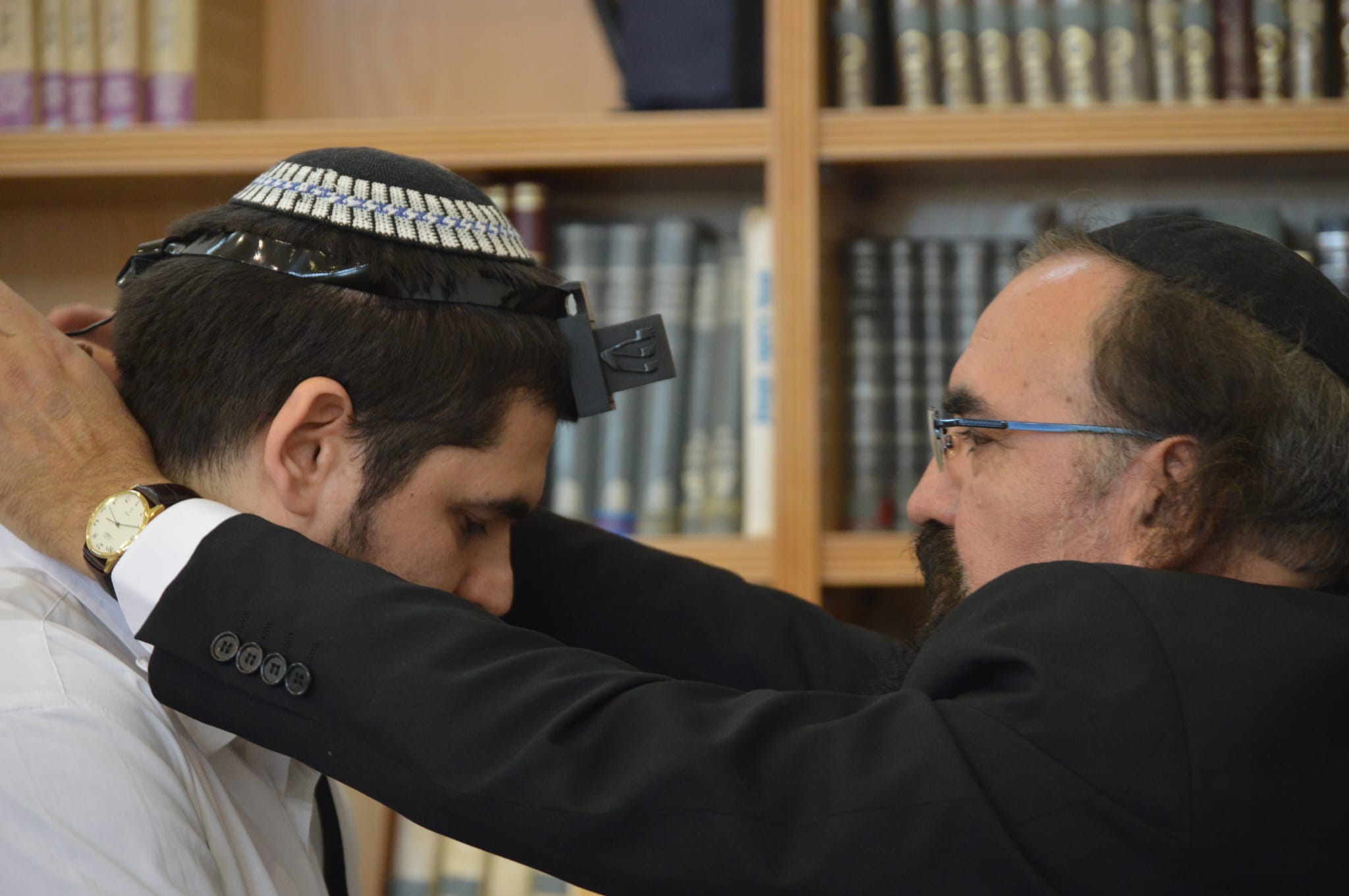
How did your connection with Hashem manifest during those days?
"I always believed in and prayed to Hashem with all my heart, as I knew no other way than to have faith. I felt Hashem was guiding and helping me in my personal life, but my soul still yearned for the true path. Every religion I studied claimed its way was the truth, which confused and misled me."
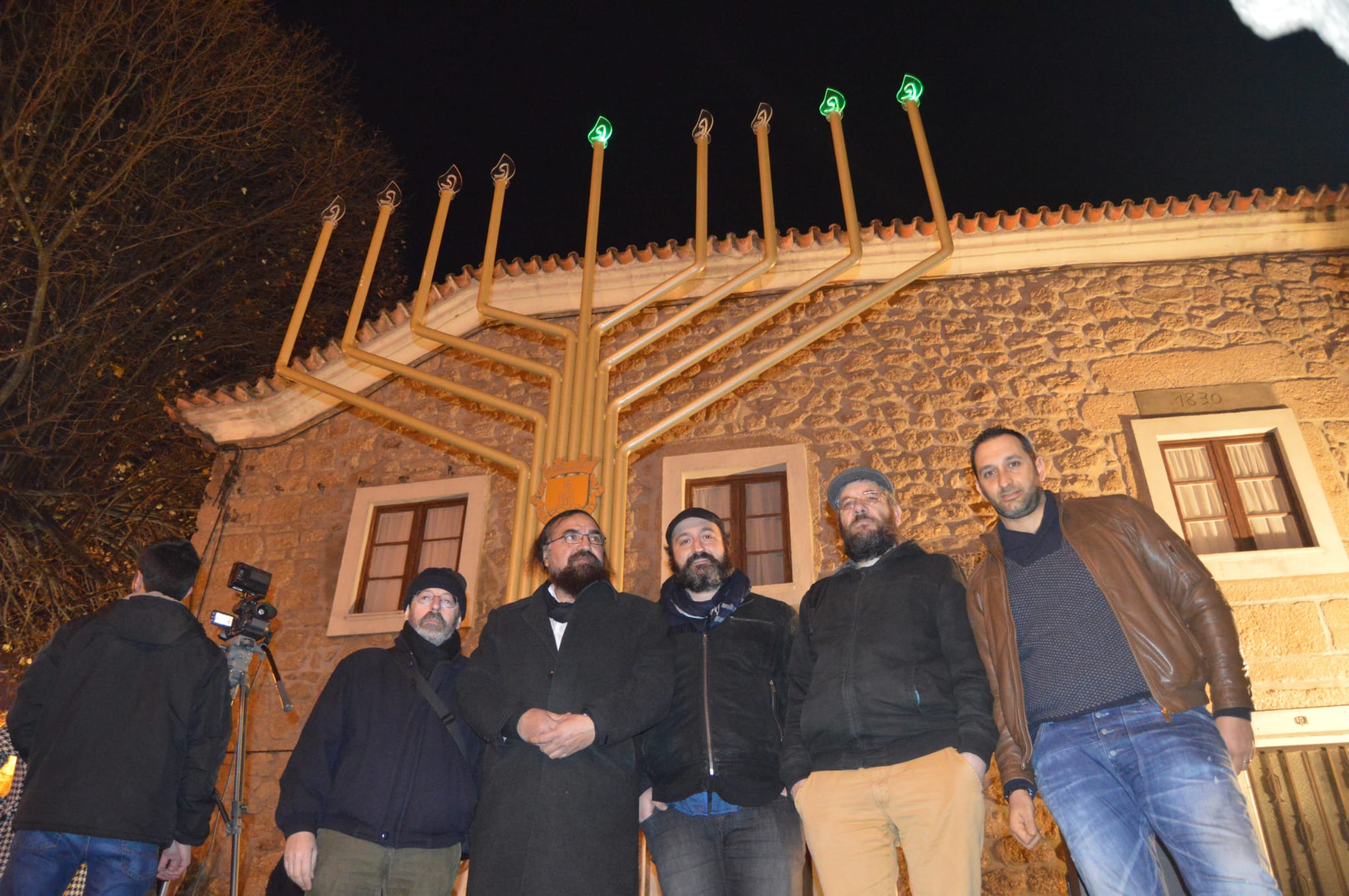 With descendants of the Anusim during Chanukah, with the synagogue in the background
With descendants of the Anusim during Chanukah, with the synagogue in the background"A Hard and Challenging Path"
"There was one religion I loved dearly but assumed had vanished," describes Rabbi Salas. "That was Judaism. I had read about the relentless persecution Jews faced, such as during the brutal Inquisition, and thought the Jewish people might not exist anymore. I didn't know they were an eternal nation."
"Then one day, a fellow soldier invited me to 'the Jewish synagogue.' He recounted his visits and the special feeling he had there. I attended a synagogue service on Friday night and was amazed. The chazzan's voice resonated in the traditional 'Lecha Dodi' melody, and although I didn't understand any of it, I was filled with an inexplicable joy. I was deeply moved, experiencing a profound and unique feeling I'd never felt before."
"From then on, I began attending synagogue every Shabbat evening. I listened to the Torah portion discussions, joined in prayers, and connected with community members. Unlike the church of my childhood, the synagogue felt vibrant and uplifting, with numerous children participating, unlike the church's somber atmosphere with only adults attending."
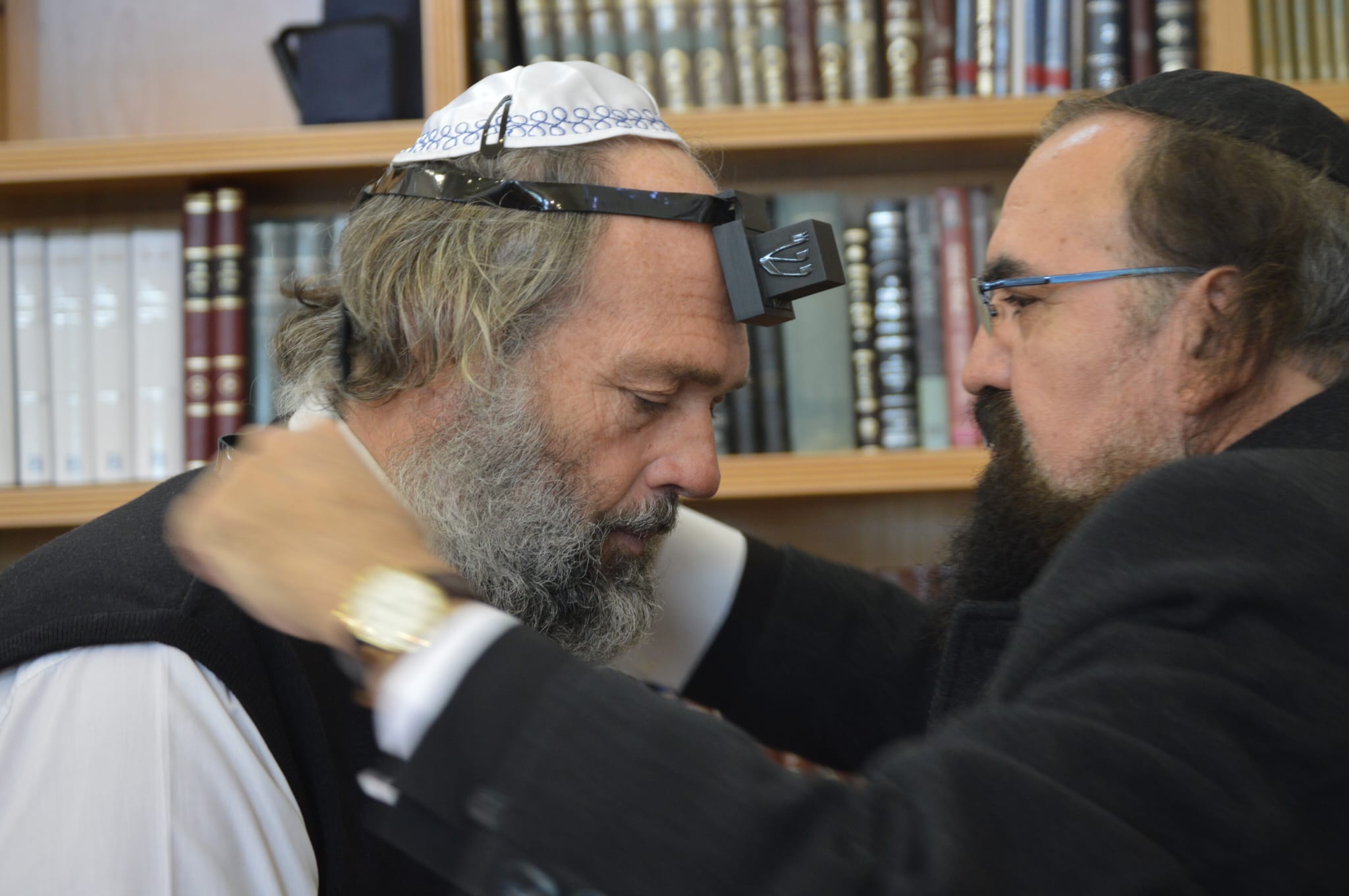
Did you start thinking about conversion back then?
"I wasn't even aware conversion was an option at that time. Moreover, Jewish communities abroad are cautious with outsiders and don't easily accept new members. It's a difficult and challenging path."
Rabbi Salas's dream of conversion advanced slowly until it became a reality. "My conversion process was long, taking about two years," he recalls. "I joined a weekly study program with my wife and children, learning in detail about the Torah and mitzvot. My children were excited as I always spoke passionately about the Jewish people and their unique Torah. Upon completion, we all underwent conversion and officially joined the community."
"Just Opening the Door"
After living briefly in Chile's Jewish community, the Salas family moved to Israel. They settled at an absorption center in Ra'anana before moving to Ashkelon. Rabbi Elisha pursued rabbinical studies at the "Midrash Sefardi" Yeshiva in the Old City of Jerusalem, receiving his ordination from the late Chief Rabbi Mordechai Eliyahu.
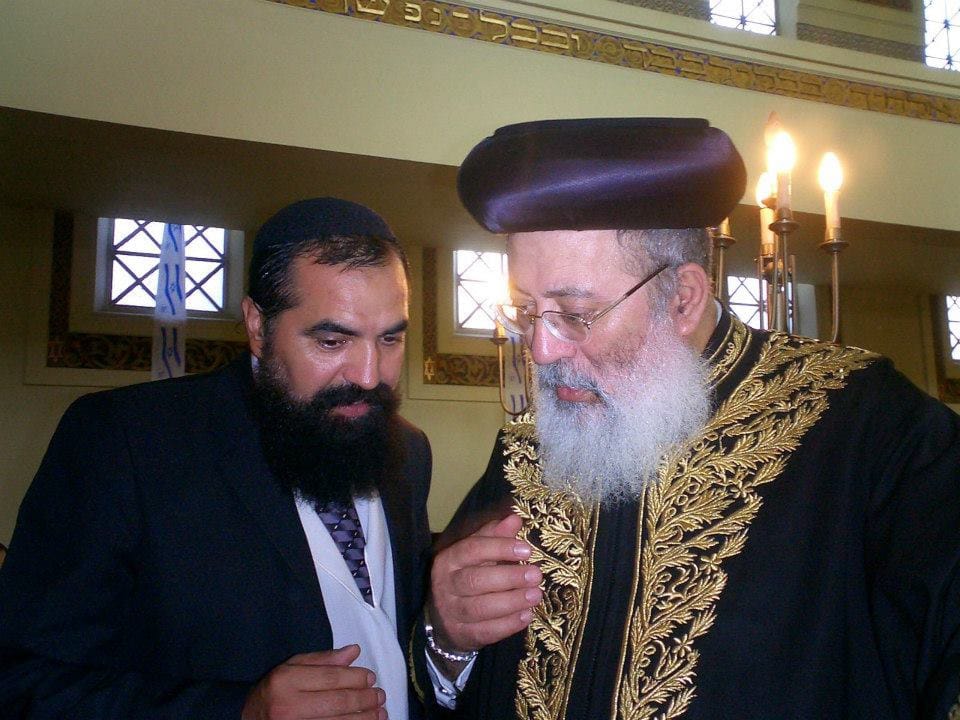 Rabbi Salas with Chief Rabbi Shlomo Amar visiting the community in Belmonte
Rabbi Salas with Chief Rabbi Shlomo Amar visiting the community in BelmonteRabbi Salas prepared to take a rabbinical role in one of the Jewish communities abroad. His first position was to serve as a rabbi for the descendants of the Anusim in Porto, Portugal. "I was unfamiliar with the term Anusim or who they were. After attending rabbinical conferences in Europe and San Francisco on the Anusim, I began to grasp their tragic story."
Did it change your perspective?
"Yes, it touched my heart deeply, and I decided to go to Portugal and do everything I could to bring the descendants of the Anusim back to the Jewish people. When I arrived, the country was devoid of any religious or Jewish symbol. I focused on kosher matters first. We started producing wine and olive oil under strict kosher supervision, overseeing milk and cheese production to ensure they were halav Yisrael. Additionally, we initiated productions of kosher slaughter, where I was the only shochet in the region."
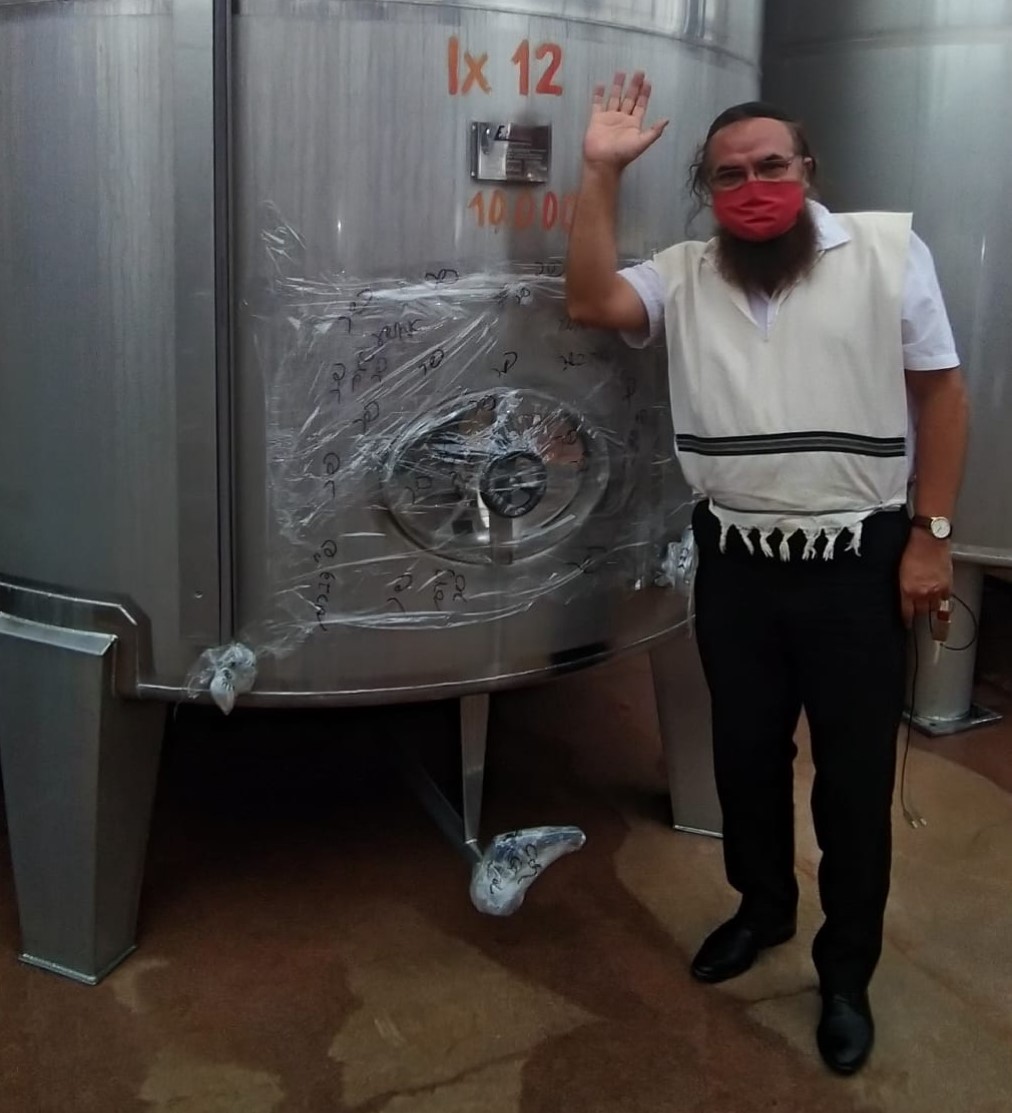 Supervising the wine production in Belmonte's winery
Supervising the wine production in Belmonte's winery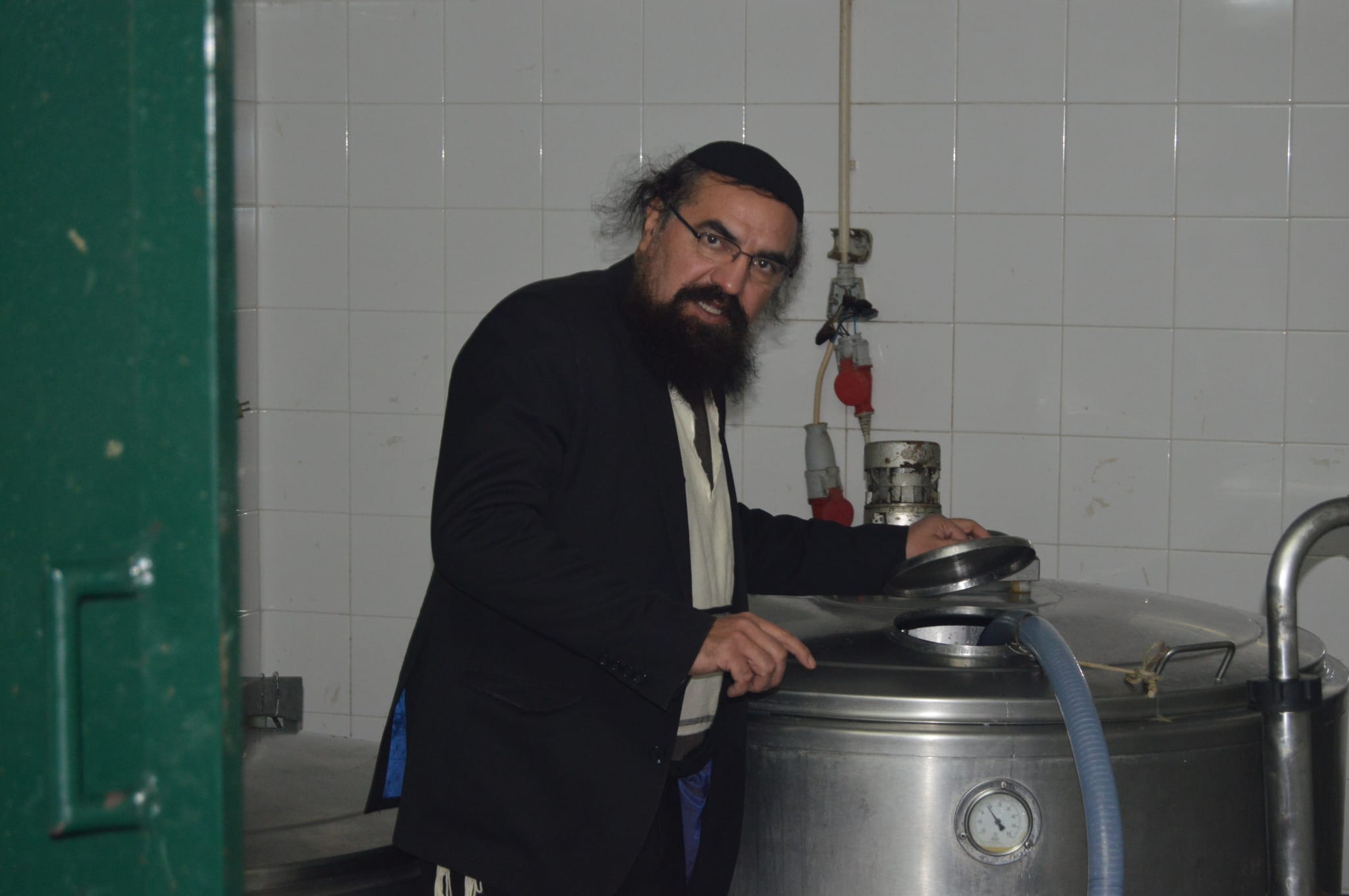 Overseeing cheese production in Portugal
Overseeing cheese production in PortugalStep by step, we began building the foundations for a Jewish lifestyle in Portugal. "We opened Porto's synagogue, which had been closed, and started holding services for Shabbat and festivals. I'll never forget the first Yom Kippur prayer there, attended by over a hundred Jews, all descendants of the Anusim."
After serving in Porto, Rabbi Salas became the official rabbi of Belmonte, Portugal, where the largest group of Anusim descendants was found. Here, too, he encountered a closed synagogue but reopened it. "My mission as a rabbi in such a complex and sensitive place brought me face to face with people who, deep in their soul, cherished Judaism and wanted to follow its path, but found the doors closed. Sometimes, you simply need to open the door, and they will come back with love to the Jewish people."
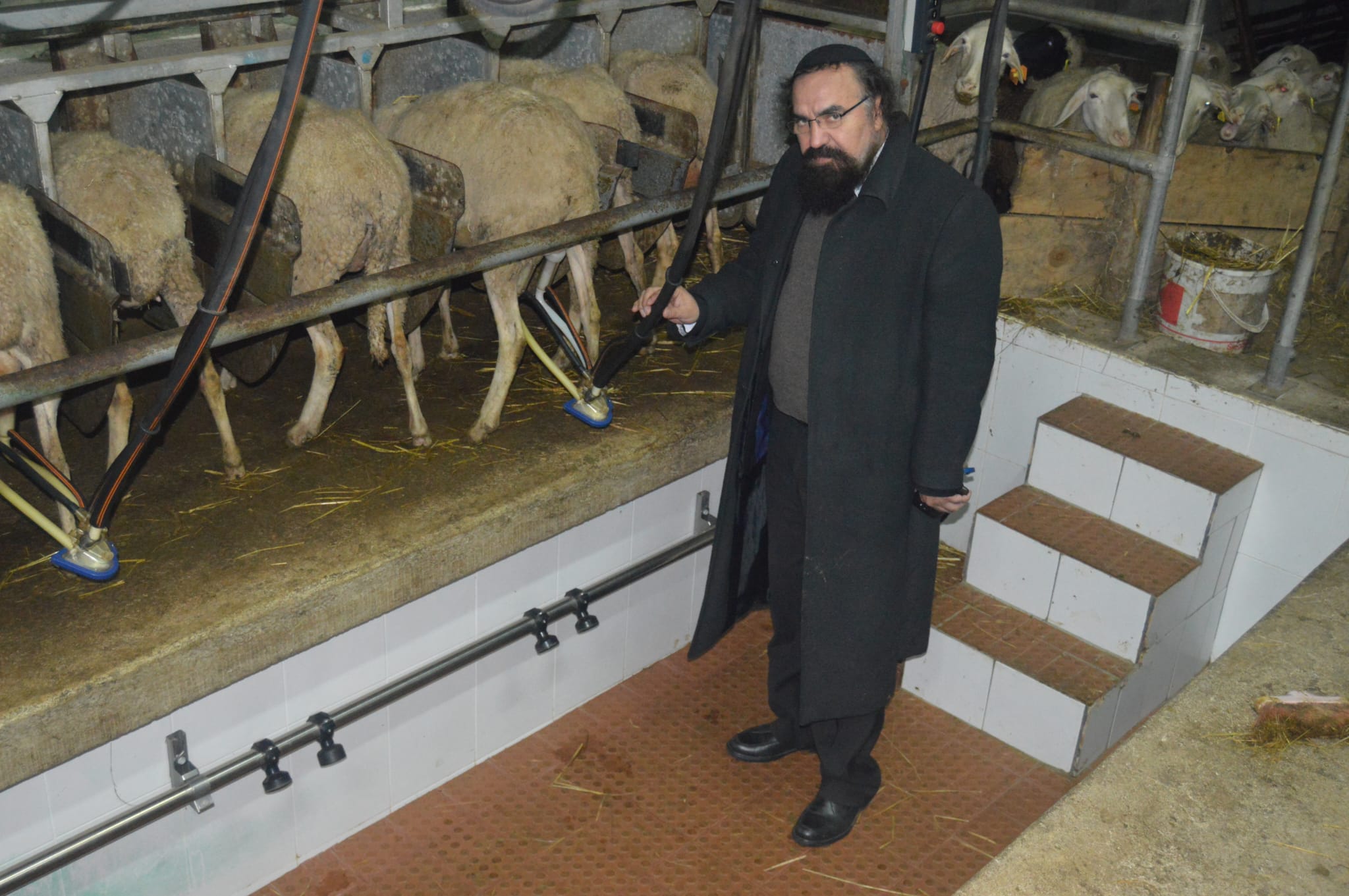 Supervising the local dairy in Belmonte
Supervising the local dairy in Belmonte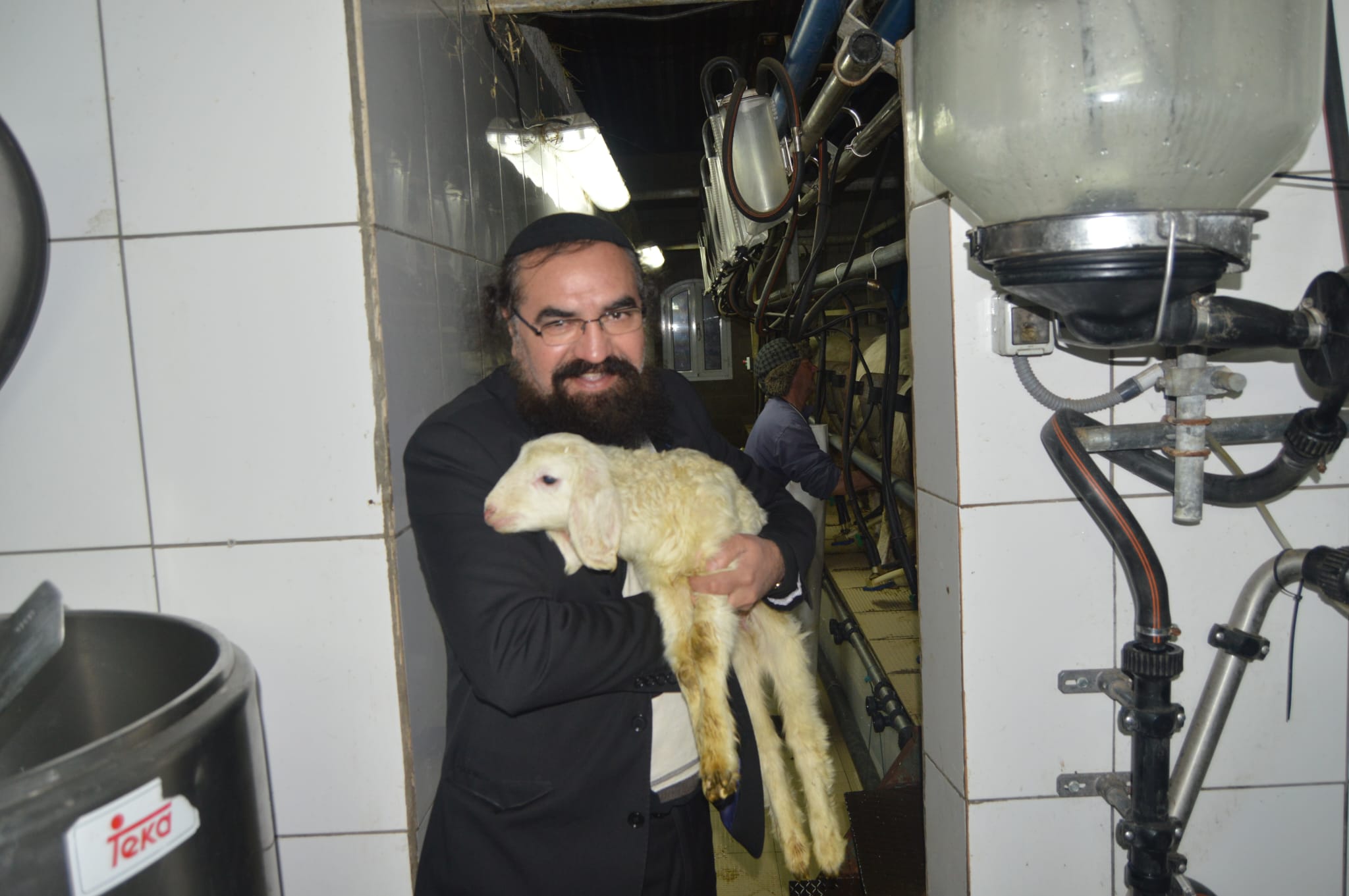
Closure of a Circle
Rabbi Salas shares that his exposure to the story of the Anusim descendants and his mission within those communities led to a particularly emotional personal closure. "The more I learned about the Anusim's history, the more I understood the complex family story we had."
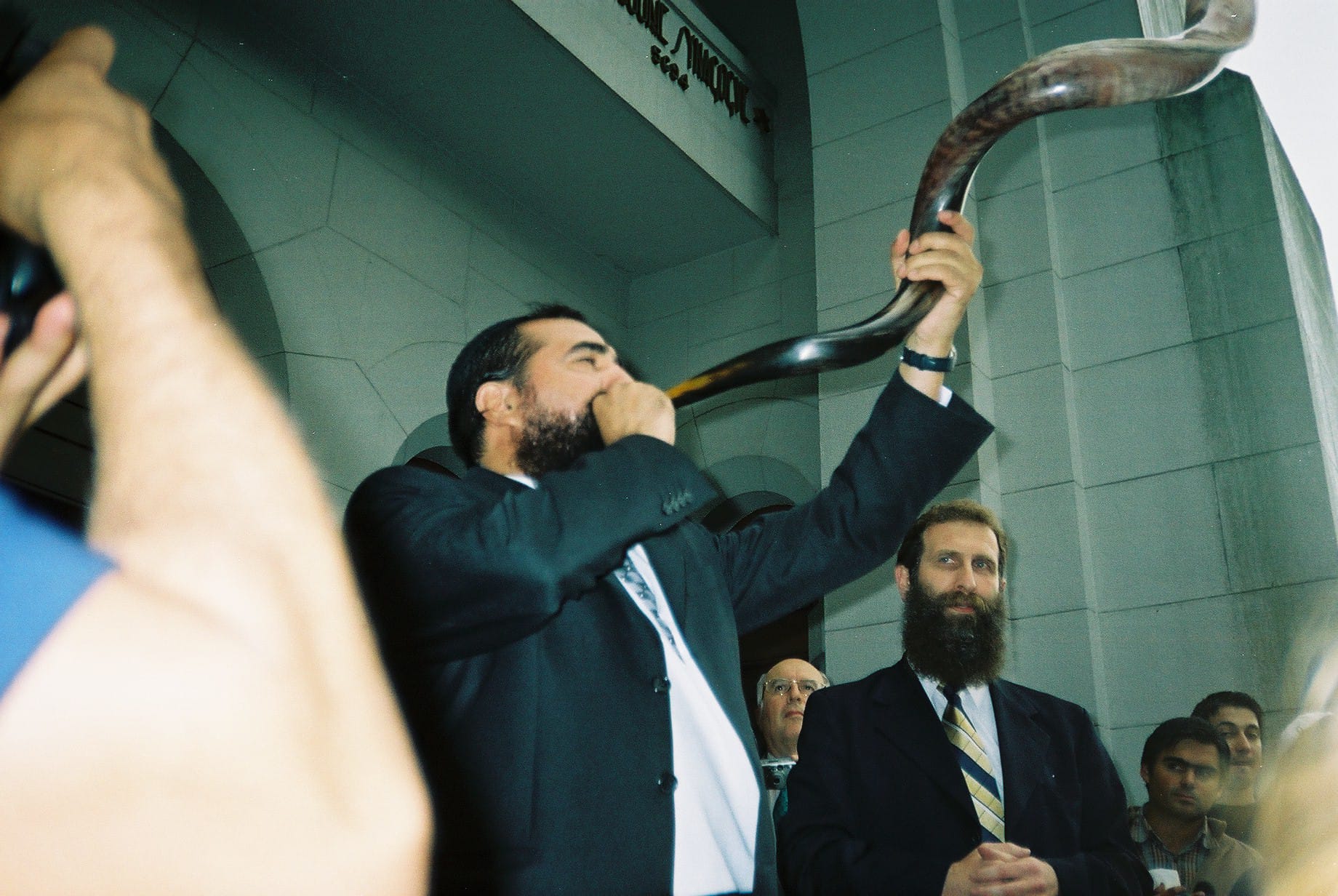 Rabbi Salas blowing the shofar for the Anusim descendants in Portugal
Rabbi Salas blowing the shofar for the Anusim descendants in Portugal"It's a sad story," emphasizes Rabbi Salas. "Passed down through generations, it always brings tears. It started when my grandmother married a local Portuguese man, against my great-grandmother's fervent objections. She tried to stop the wedding in every possible way and, when she failed, banished my grandmother from the house. These marriages caused my great-grandmother great sorrow, and she never stopped crying. Near the end of her life, she sat on the floor and said to my grandmother, 'I will sit here until I die because you married him.' She never left that spot and indeed passed away on the floor."
"It was a strange story I never understood," Rabbi Salas concludes. "But as I learned more about the Anusim and their determination to marry only within their group to avoid assimilation, I realized why my great-grandmother opposed marrying an outsider so strongly. That was the moment I realized my family descended from the Anusim."

